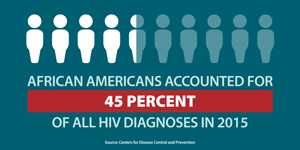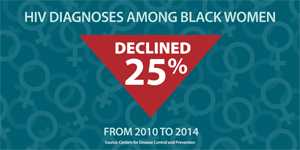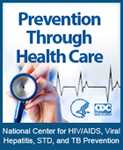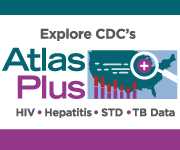National Black HIV/AIDS Awareness Day 2017
February 2, 2017 – New New data on HIV care outcomes among African Americans
In advance of National Black HIV/AIDS Awareness Day (observed Tuesday, February 7), CDC has published new data showing gaps in disparities are closing, but too many African Americans with HIV are not getting the care and treatment they need.
Resources
- Media Statement: National Black HIV/AIDS Awareness Day 2017
- MMWR: HIV Care Outcomes Among Blacks with Diagnosed HIV — United States, 2014
- Media Summary: HIV Care Outcomes Among Blacks with Diagnosed HIV — United States, 2014
- MMWR: Changes in the Disparity of HIV Diagnosis Rates Among Black Women — United States, 2010–2014
- Media Summary: Changes in the Disparity of HIV Diagnosis Rates Among Black Women — United States, 2010–2014
- Fact Sheet: HIV Among African Americans
Graphics: HIV Diagnoses Among African Americans
The following images and graphics highlight major findings from CDC’s analysis. These high-resolution, public domain images are ready to download and print in your publication. Click on a graphic to see it in high-resolution.
These images are in the public domain and are thus free of any copyright restrictions. As a matter of courtesy, we ask that the content provider be credited and notified of any public or private usage of an image.

Annual African American HIV Diagnoses, 2015View High Resolution Version
Despite prevention efforts and improvements in diagnoses and treatment, the numbers continue to show that African Americans are more affected by HIV than any other racial/ethnic group in the nation. In 2015, African Americans accounted for 45% of all HIV diagnoses.

Progress in HIV Diagnoses Among African American WomenView High Resolution Version
Annual diagnoses among African American women have declined steeply over the past decade. In more recent years, 2010 -2014, HIV diagnoses among black women declined 25%.
- Page last reviewed: February 2, 2017
- Page last updated: February 2, 2017
- Content source:


 ShareCompartir
ShareCompartir

